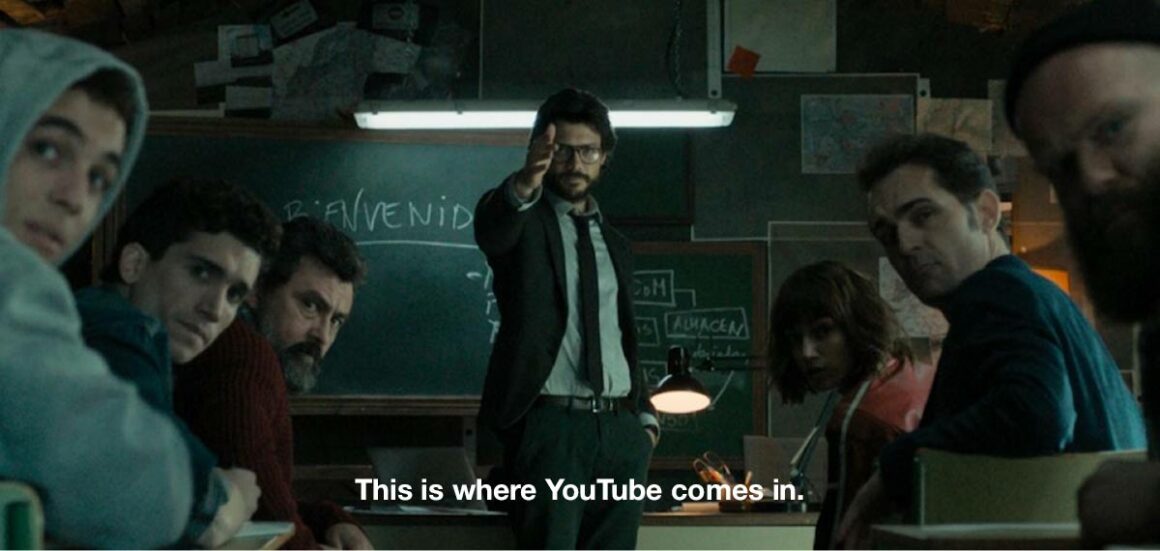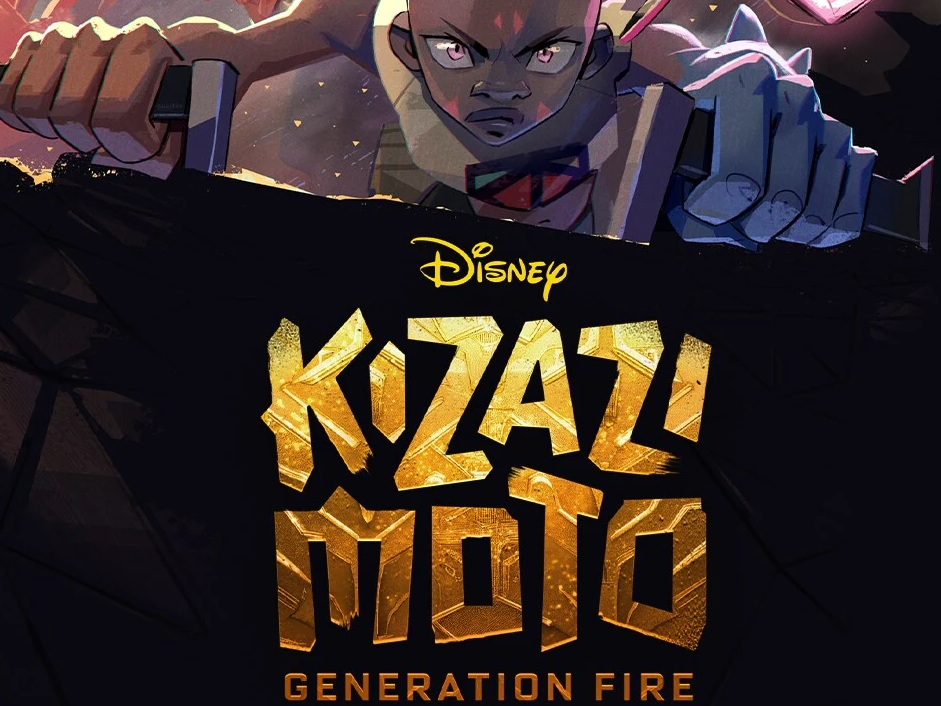In 1909, aboard what was colloquially known as the Lunatic Express, was former US president Theodore Roosevelt. Accompanied by wildlife photographer Cherry Keaton, they embarked on a hunting expedition, traversing somewhere between what is now Kenya and Uganda. Keaton meticulously chronicled the safari in a silent, grayscale documentary titled “Theodore Roosevelt in Africa”, marking the film’s place as the first film ever shot in Kenya.
Africa’s initial encounter with cinema unfolded against the backdrop of colonial occupation. Whereas storytelling comes naturally to African creatives, the use of film as a tool for narration is an entirely borrowed craft. The foundational aspects of film production—technology, funding, and the mechanisms for distribution—were dominated by foreign entities, significantly influencing the nascent African film industry to align with colonial agendas.
A decade of waiting
I remember it as though it were yesterday. The year was 2013, and all the rave was about this newly released Kenyan film you just had to watch. From the pages of our dailies to commentary shows, entertainment circles were abuzz with accolades of the movie “Nairobi Half Life”. At the time the closest I could come to experiencing the film was through brief snippets on TV broadcasts, and purchasing physical compact disks from the now-defunct Nakumatt supermarket, priced beyond what I, as a student at the time, could afford. Nearly eight years advanced, the show was made momentarily available on YouTube by its producers. It was only then that I could watch the film. It was since pulled down after being added to Netflix’s catalog.
PS: The film was just as good eight years later as it was when newly released.
Kenyan and African filmmakers at large have found the much-needed platform for distribution and visibility in YouTube. The transition of films like “Nairobi Half Life” from limited local screenings to global platforms like YouTube, and eventually to Netflix, underscores the evolving landscape of film distribution and consumption. Digital platforms have democratized access to cinema, breaking down the barriers that once limited African filmmakers to local or regional audiences. YouTube has specifically been something of a saving grace for many cinematographers in the continent, both aspiring and seasoned.
YouTube to the Rescue
While the film sector is evolving, entry to income-generating distribution channels remains restricted, prompting individuals to devise their own strategies. Despite the availability of multiple streaming options on the continent, few have directly invested in developing a sustainable model for African filmmakers to monetize their work. A majority of them only go as far as offering African works a platform to be showcased, yet, remain uninvolved in the filmmaking process. While such investments are appreciated, Africans stand to gain more by fully owning the process involved the production of their own films. Otherwise, creators almost always end up having to compromise aspects of the story to satisfy the requirements of their (usually Western) benefactors. Africans stand to gain from home investment of well-intentioned production and streaming entities, be it through fiscal, educational, entertainment, or mentorship capacities. As mentioned earlier, film production is a relatively new craft in Africa, having found its beginnings after the 1950s, when African nations started gaining independence from colonial rule. The father of African cinema, Ousmane Sembene from Senegal, launched the continent into cinema with his groundbreaking film “Borom Sarret” (The Wagoner) depicting the class struggles that marked the post-colonial era of the 1960s in Senegal.
Netflix and Showmax are like the VIP lounges where Kenyan film producers hope to debut their work, a kind of glitzy ticket to the big leagues. The inclination towards these platforms is not a slight against other streaming services. This preference stems from their recognized efforts in the continent’s film industry. Somehow, these two have managed to cleverly negotiate mutually beneficial partnerships with filmmakers such that they showcase their work, whilst allowing them to retain creative control. However, only a select few enjoy the privilege of showcasing their productions on platforms like Netflix and Showmax. This is where YouTube comes in.
Lights, Camera, YouTube!
Kenyan filmmakers and creatives alike have, in recent years, resorted to YouTube to showcase a more sophisticated and refined body of work. This move deviates from the atypical low-budget productions that the video platform is stereotypically associated with. There has been a substantial commitment of resources to these projects, involving investments in cutting-edge equipment, the recruitment of talented individuals, and a focus on elevated production quality. Notice how all the aforementioned films, save for Nairobi Half Life, are available on YouTube? Even so, it, too, was on YouTube for a time.
Housing everything from the first film ever made in Kenya, to the works of Africa’s cinematic pioneer Sembene, YouTube is a cultural time capsule, preserving both our cinematic history and our collective evolving narratives. It hosts a multitude of culturally relevant productions that are available to the global public at costs significantly lower than many alternatives. Given YouTube’s widespread accessibility, it has become a significant platform for Kenyan content creators to share their work. While YouTube certainly provides an avenue for diverse narratives, it’s essential to recognize that accessibility doesn’t guarantee uniform quality. The Kenyan YouTube specials listed below showcase both the platform’s inclusivity and the varying degrees of creative expression it accommodates.
Kenyan YouTube Specials
1. A Nurse Toto
As are all my lists such as these, I save the best for first. Eddie Butita, celebrated in the Kenyan entertainment scene, led this project as its writer, director, and producer, and further lent his talent as an actor within it. A Nurse Toto is a comedy spectacle, rich with lighthearted banter and unique characters likely to leave a rib or two tickled.
2. PAA – Born to Fly
This series introduces viewers to Kenya’s first teen girl drama, delving into the experiences of three teenagers as they confront life’s obstacles at the prestigious St. Joseph’s School. This film project is a manifestation of the SKY sisterhood, an Information, Education, and Communication (IEC) campaign whose impetus I find reminiscent of that of the bygone ‘Tume-Chill’ youth initiative. The core purpose of PAA (a Swahili word which means ‘to soar’) is to creatively integrate the specific circumstances, community experiences, and cultural nuances of teenage Kenyan girls to provide them with much needed accurate information, valuable counseling, and appropriate services.
3. Cheque Mate
Every freelancer, no matter their sector, can attest to the annoyance and inconvenience caused by late payments and the tedious process of having to chase them down. This short film offers a relatable take on the struggles faced by freelancers when it comes to getting paid on time in the gig economy.
4. Disco Matanga
The people of Western Kenya have a reputation for their elaborate and hyperbolic funerals. Crafted around the death of one Izianunu, the rural-set storyline of Disco Matanga follows the quirky and humorous events that unfold during the funeral preparations, shedding light on the cultural practices and superstitions surrounding death in the region.
You Again
Starring Tanzania’s Mimi Mars and Kenya’s Nick Mutuma, You Again is a story of a young female journalist who has just landed her dream job as an anchor, yet, there is a catch. What was initially Sophia’s dream job becomes a nightmare when she discovers that she will be sharing the news anchor position with her ex-boyfriend Kingsley.
Dinga ya Wife
In this amusing drama, penned and directed by YY Comedian, viewers follow the misadventures of a man grappling with a mid-life crisis.
7. Plan B
In the aftermath of a night marked by overindulgence, Lisa Waweru, a financially struggling stylist, realizes she’s in her fifth month of pregnancy, with the father being a man from a one-night stand whose identity remains a mystery. She unravels the identity of this enigmatic man as Dele Coker, a thriving CEO from Nigeria with a business presence in Nairobi with aspirations to extend his business into East Africa. Together with her best friend Joyce, they must concoct an ideal plan to compel him to fulfill his financial responsibilities.
Shalom Kendi Mbae
A Writer. A Pan-African. A Conversationalist.
Words are to me what numbers are to a mathematician.
This little light of mine, I'm going to let it shine.





